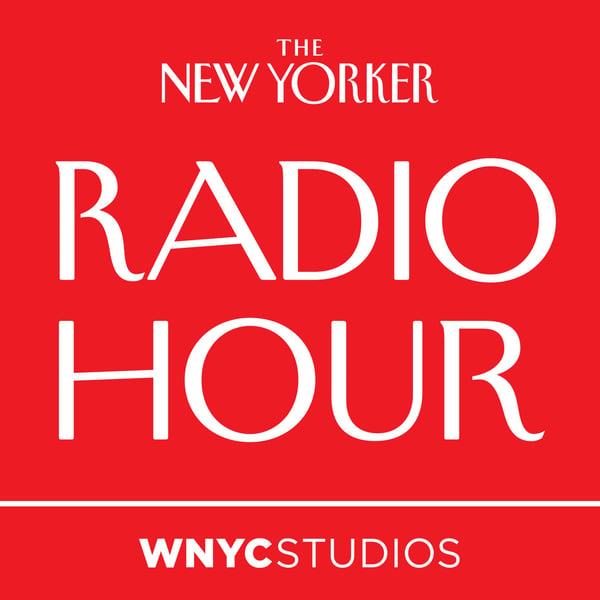The Stories of #MeToo
The New Yorker Radio Hour
WNYC Studios and The New Yorker
4.2 • 5.5K Ratings
🗓️ 21 November 2022
⏱️ 39 minutes
🧾️ Download transcript
Summary
Five years ago, reporting on the film producer Harvey Weinstein’s history of assault and misconduct opened the floodgates of the national reckoning with gender and power known as #MeToo. Three New Yorker critics—Alexandra Schwartz, Naomi Fry, and Vinson Cunningham—recently gathered to assess #MeToo’s impact on the culture more broadly. They discussed works like the new film “Tár,” the movie “The Assistant,” the fiction pieces “This Is Pleasure” and “Cat Person,” and more. Schwartz notes that #MeToo is not only an event in time but also a lens through which to tell stories about interpersonal relationships that have long been taken for granted.
Transcript
Click on a timestamp to play from that location
| 0:00.0 | This is The New Yorker Radio Hour, a co-production of WNWC Studios and The New Yorker. |
| 0:09.2 | Welcome to The New Yorker Radio Hour, this is a special bonus episode of the podcast. |
| 0:14.2 | This October marks five years since the news broke in The New York Times and in The New |
| 0:18.3 | Yorker of Harvey Weinstein's appalling history of sexual misconduct, in the equally shocking |
| 0:24.1 | ways that his victims were silenced for so long. |
| 0:27.4 | That story opened the floodgates of the MeToo movement, the reckoning that followed transformed |
| 0:32.9 | workplaces and upended entire industries. |
| 0:36.9 | But MeToo went beyond the workplace, questioning ideas about sex, consent, and power relationships |
| 0:43.5 | more broadly. |
| 0:45.1 | Five years on, storylines inspired by MeToo have shown up in films, books, television, |
| 0:50.8 | and most recently in the movie Tar, starring Kate Blanchett. |
| 0:54.9 | Three of The New Yorker's critics got together recently to look at whether or how MeToo |
| 0:59.2 | has changed the cultural landscape. |
| 1:01.6 | Here's Alexandra Schwartz, Vincent Cunningham, and Nomi Fry. |
| 1:06.1 | Alex kicks off the conversation. |
| 1:08.2 | So, Vincent, Nomi, let's try to think back if we even can. |
| 1:13.8 | What were some of the first MeToo storylines, as opposed to story, as just cultural processes |
| 1:23.0 | that you remember really making a splash after MeToo started? |
| 1:26.6 | You know, it's really interesting. |
| 1:27.6 | I was thinking about this. |
| 1:31.4 | I have to say that what I remember from the first months, and even I want to say, like, |
| 1:38.2 | the first year or two, you know, post MeToo, is that cultural production was occluded |
... |
Please login to see the full transcript.
Disclaimer: The podcast and artwork embedded on this page are from WNYC Studios and The New Yorker, and are the property of its owner and not affiliated with or endorsed by Tapesearch.
Generated transcripts are the property of WNYC Studios and The New Yorker and are distributed freely under the Fair Use doctrine. Transcripts generated by Tapesearch are not guaranteed to be accurate.
Copyright © Tapesearch 2025.

